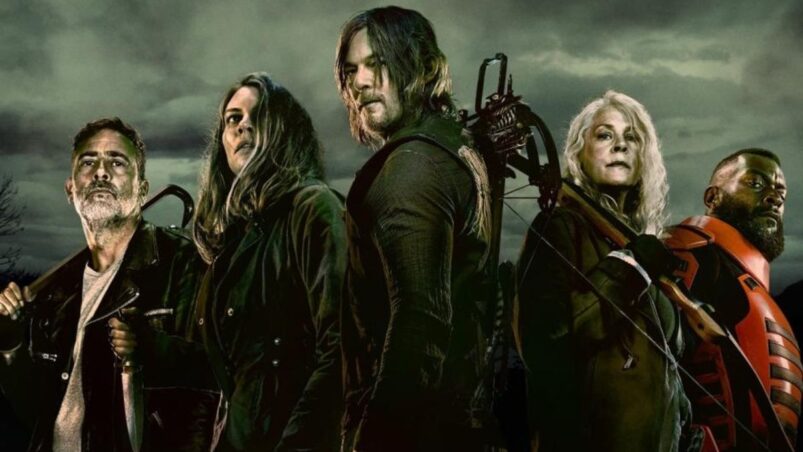It isn’t easy getting a TV show made. It may not seem like it, but getting past the stringent criteria required by commissioning editors and big-shot producers is easier said than done. Little wonder, then, that if a show ever does make it onto the air, everyone involved will move Heaven and Earth to keep it there.
That, inevitably, leads to many shows somewhat outstaying their welcome as time wears on. Game of Thrones saw a decline in quality after around Season 5 despite an increased budget and higher production values. Rather appropriately, The Walking Dead has been infamously patchy as it approaches its eleventh season, and Lost saw a significant drop-off after Season 4. Having a show excel from the get-go (as those examples certainly did) is one thing. Ensuring it retains its quality throughout its run is quite another.
Some creators, of course, know when it’s right to pull the plug, seeking to preserve the legacy of their respective creations rather than sullying their memory by risking any form of degenerative decline. Both Fawlty Towers and the original Office boast just two seasons apiece, as does the cult early 2000s sitcom Spaced, although the latter’s co-creator Simon Pegg has publicly voiced his regret at not producing a third. What all three of these TV shows have in common, however, is that they’re all British, they’re all sitcoms, and they all left their fans wanting more.
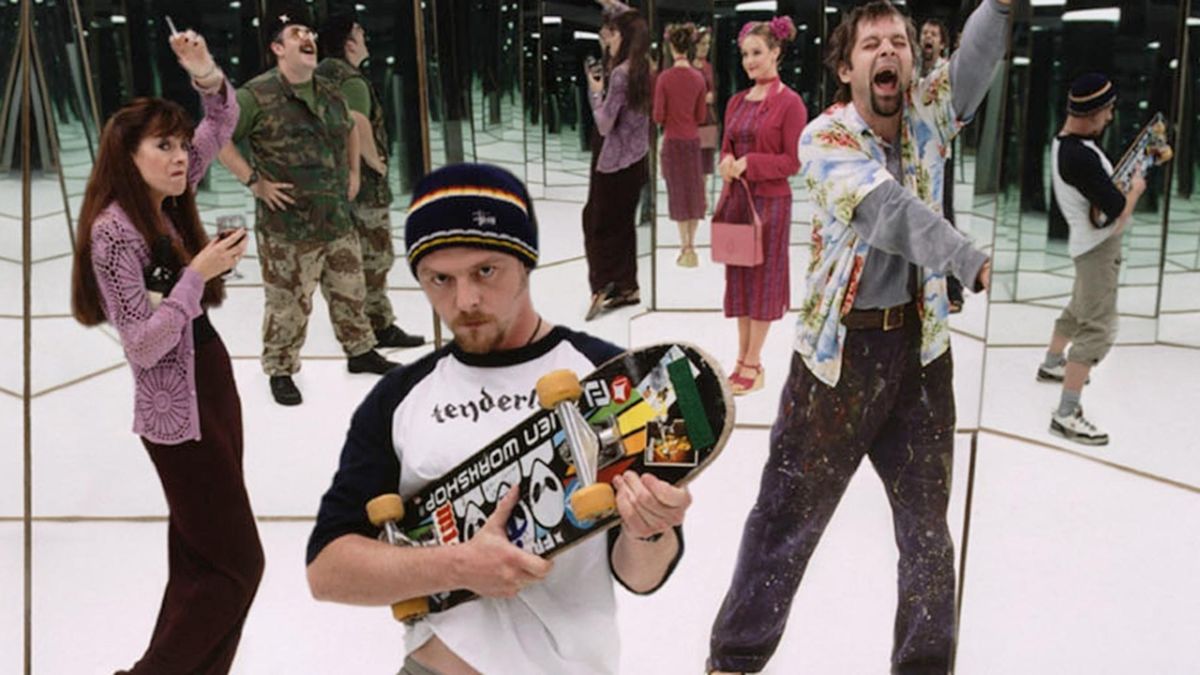
British TV and American TV are, in many ways, poles apart. It isn’t just artistic integrity that prevents the Brits from expanding their creations beyond a mere twelve or so episodes. Budget and time constraints, as well as the fact that most basic sitcoms only boast one or two writers in comparison to the hordes of staff working on any given American counterpart, mean that churning out large numbers of episodes in Britain is as gruelling as it is impractical. The American media industry, flush with cash and always desperate to milk a property until it’s nothing more than a shrivelled husk (or so we’re told) have the practical means to keep a show running long after its expiry date. Friends knock-off Joey, and VH1’s elimination dating reality format Rock of Love’s seven (yes, seven!) tangential spin-offs attest to this propensity for rehashing old ideas until they can be rehashed no more.
The way a creation can be kept alive, however, varies depending on its type, genre and who’s making it, with no guarantee that what somebody starts out watching will look the same once its run is at an end. The consistent factor, almost always, is that reversing the ageing process is a near-impossible task. However producers and writers may choose to go about reinvigorating a well-known property, the results are rarely sparkling.
The simplest and most common strategy employed is to shake up the cast and in doing so switch up the premise. The ninth and final season of Zach Braff-fronted medical tragicomedy Scrubs, for instance, was supposed to end after the climax of Season 8. The show’s rather touching finale, however, was jettisoned, as it introduced a cast of smug, unlikeable Abercrombie and Fitch models with a view to opening things up to a whole new generation of fans. Season 9 was like taking Scrubs’ corpse from its well-tended, spacious resting place, digging it up from the sodden Earth with a JCB and wheeling it around the hospital on a gurney in front of its wailing and bereft loved ones.
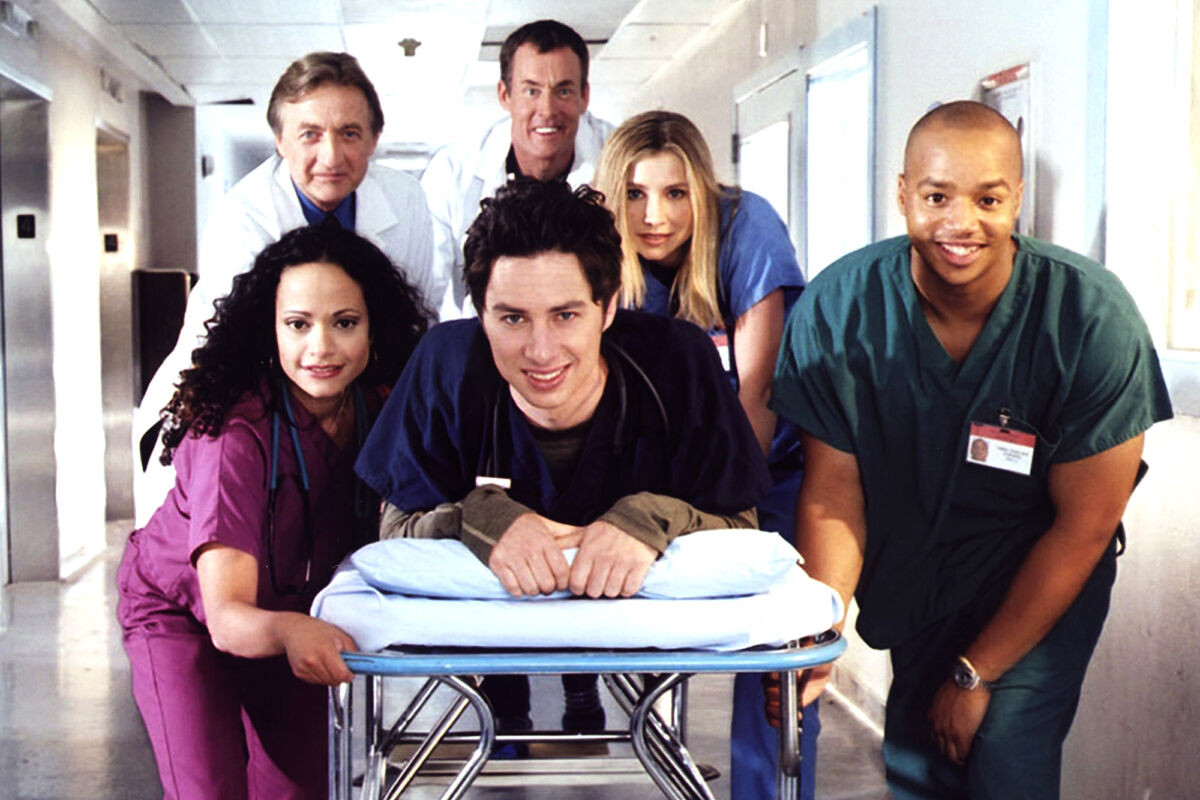
Some shows are a little more gradual in their approaches to keeping things alive, if only barely. Bawdy British knockabout wartime comedy ‘Allo ‘Allo, for instance, staggered on for nine seasons and 85 episodes before VE Day finally rolled around. It was like the sitcom was trying to cover the war in real-time. It certainly began to feel like it. It’s understandable that the producers and creators may have wanted to continue cashing in on the beloved sitcom’s broad appeal, but the once bright sparkle started to become dulled over time.
Despite its colossal length, it seems as though nobody really remembers much past Seasons 5 or 6 of ‘Allo ‘Allo. They could’ve had vampires from space or René running around naked while shouting “zee Germans are coming” by Season 9 for all I know. Most of what made ‘Allo ‘Allo a classic, from its core cast of characters to its iconic catchphrases and farcical setups, was still recognisable yet fresh in the early days, before, quite appropriately for a show set during a major conflict, the numbers soon started to drop off.
Naive German Captain Hans Geering was gone by Season 4, while coquettish waitress Maria Recamier only made it to Season 3 before being replaced by the hot-headed Mimi Labonq. New characters appeared via a seemingly revolving door, with Captain Alberto Bertorelli filling the void left by Hans Geering, Gavin Richards excelling in the role before being switched out for Roger Kitter. With such a sizable cast, ‘Allo ‘Allo could afford more than most to keep chopping and changing the many personnel of occupied France. Even so, the law of diminishing returns should have seen the iconic sitcom end far earlier than it did as it ran dry on original plotlines and fresh gags.
If chopping and changing your cast and characters doesn’t work, you can always try reinventing your show by changing its tone. Like a 14-year-old boy stealing his mother’s eyeliner and discovering a love of trench coats and Dr. Martens, TV can often switch its outlook to appeal to a newer, more sensible audience, especially if it becomes worried its original fans are becoming a little too mature to stay loyal.
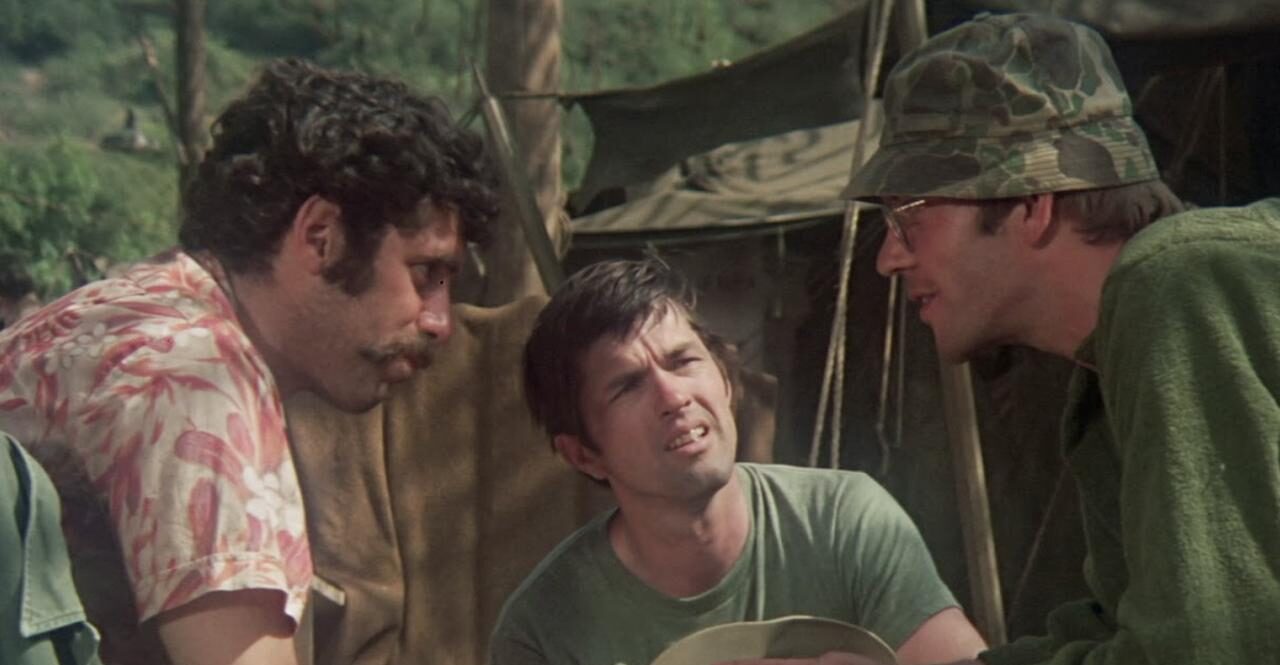
Korean-based medical dramedy M*A*S*H* is a prime example, a pacifist knockabout sitcom in its early days that slowly merged into a far darker, far more cynical prospect as time, and the war, dragged on. In fairness to M*A*S*H*, the colossal viewing figures its finale enjoyed indicate that sometimes a show can disguise itself convincingly enough to cheat the reaper’s gaze. If anything, “Goodbye, Farewell and Amen” saw the acclaimed wartime sitcom go out on a high.
TV shows’ pig-headed refusal to quit in the face of diminishing returns hasn’t been consigned to the history books. Not Going Out, the chameleonic Lee Mack-fronted sitcom that transitioned from a swinging city, will-they-won’t-they piece of enjoyable fluff to a depressing, family-centred suburban chore, is a prime example of a show whose reinvention in a desperate bid to stay relevant did little to add to its appeal. Not Going Out’s cast was chopped and changed continually over the years rather than allowing the show to gracefully end after its 200th (or so it felt) season, its reinvention as a family sitcom as depressing a decline as seeing Ozzy Osbourne wearing a cable knit sweater handing out flyers for his local bring and buy sale.
There’s a greater issue at play when sitcoms try their hand at becoming more family-centric. It’s a truth universally acknowledged that children aren’t funny. They’re never funny to laugh with, they are very seldom funny to laugh at, and they almost never enhance a show by any quantifiable measure.
The cursed ‘Cousin Oliver Syndrome’, the process of adding a child (or, God help us, children plural) to a cast in a bid to boost flagging ratings or change the established dynamics is a fool’s errand, but it’s an errand that few can resist. You get the sense there were more than a few meddling hands with a keen interest in keeping Lee Mack’s sitcom afloat at play. Malcolm in the Middle fell into a similar trap by introducing a fourth Wilkerson into the equation at the end of Season 4, as did gently amusing mid-2000s BBC sitcom My Hero.
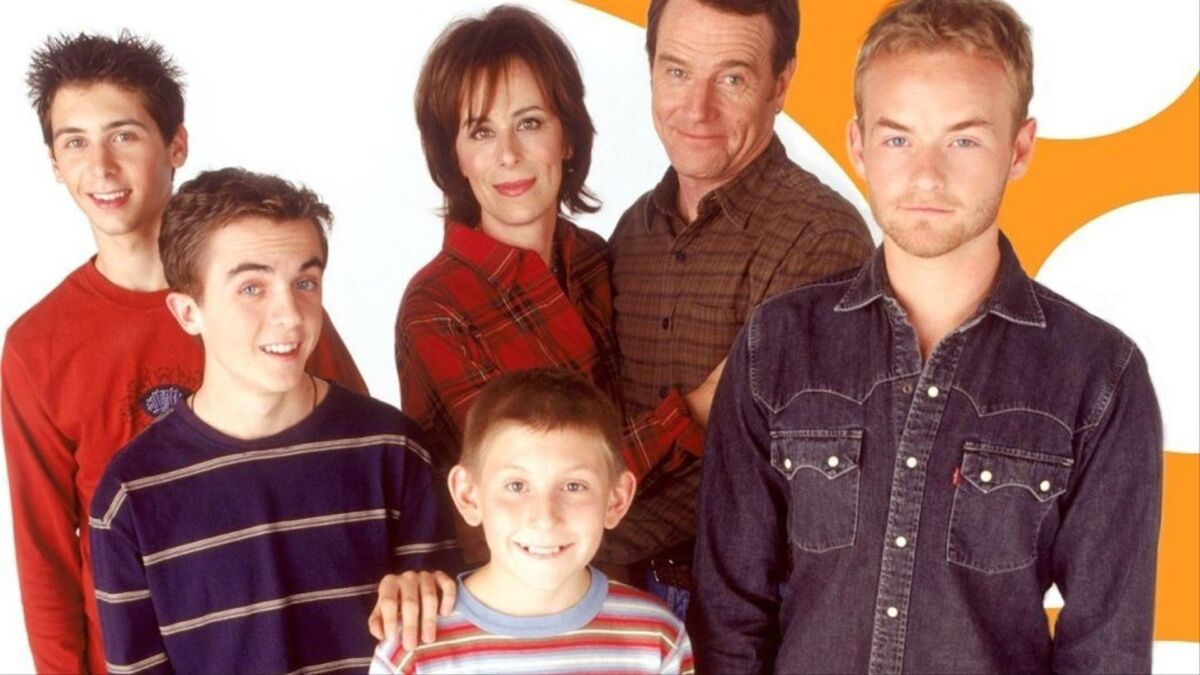
Then, of course, there are the shows that refuse to die even though few attempts have been made to rectify the problems that so clearly plague them. We all know that The Simpsons is a hollow shell of the show it once was, the only moments of inspiration coming by virtue of feature-length parodies or one-off specials. Family Guy suffers from the same problem, magnified not only by a decline in writing but a blatant disregard for the aspects of a cartoon that were once tolerable, funny even. Shows like these continue because they keep making money, faded institutions that ride on past glories safe in the knowledge that they don’t have to work nearly so hard to establish a fanbase or ensure some form of a captive audience.
Mostly, however, the attempts of beloved TV staples to reinvent themselves fool no one, they just irritate fans of the original creation while making themselves impenetrable to a new audience. If the object of the exercise is to have your cake and eat it, the result is almost invariably a stale, rather mouldy-looking piece of pastry barely resembling a cake that should’ve been discarded weeks ago.
The temptation to continue with something that has proved popular and profitable in the past must be too much to resist for most production companies, as reflected in the startling glut of remakes and reboots flooding the airwaves and streaming services as of late. The problem is that too often TV shows have their reputations sullied by virtue of not being afforded an appropriate lifespan, dragging to such an extent that they tarnish the legacy of their earlier, better work. Sometimes you just have to know when to say goodbye.
READ MORE: 50 Best Zombie Movies of the 21st Century
Some of the coverage you find on Cultured Vultures contains affiliate links, which provide us with small commissions based on purchases made from visiting our site.


